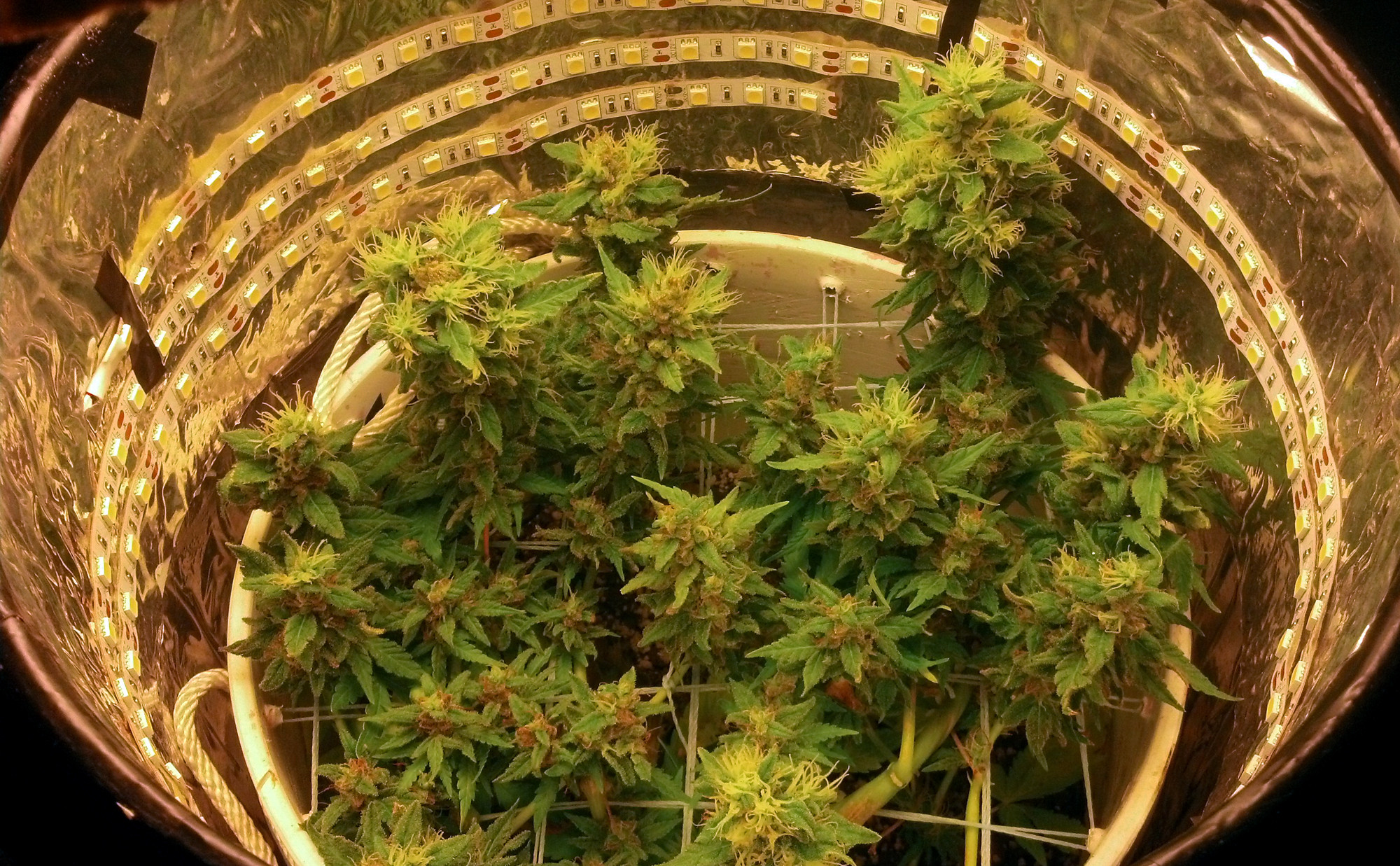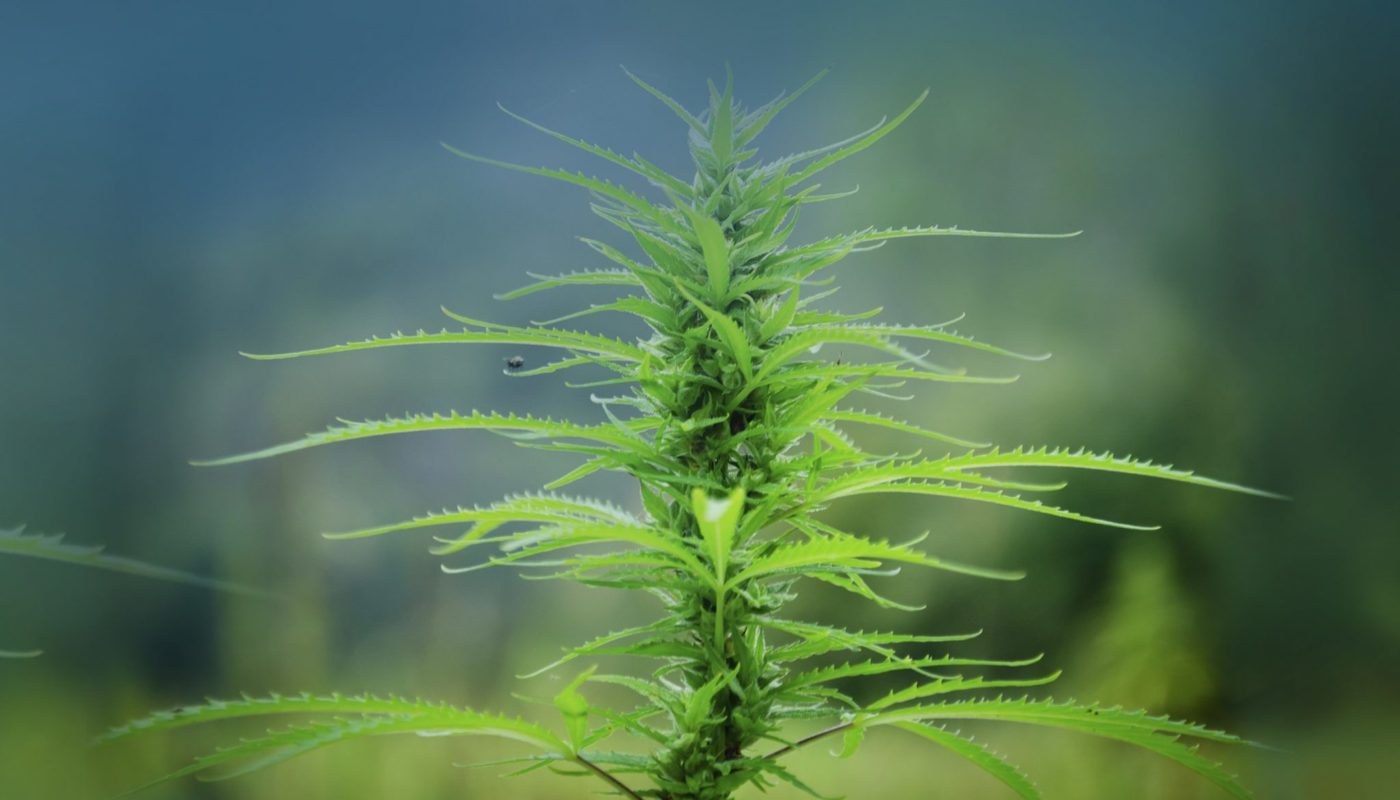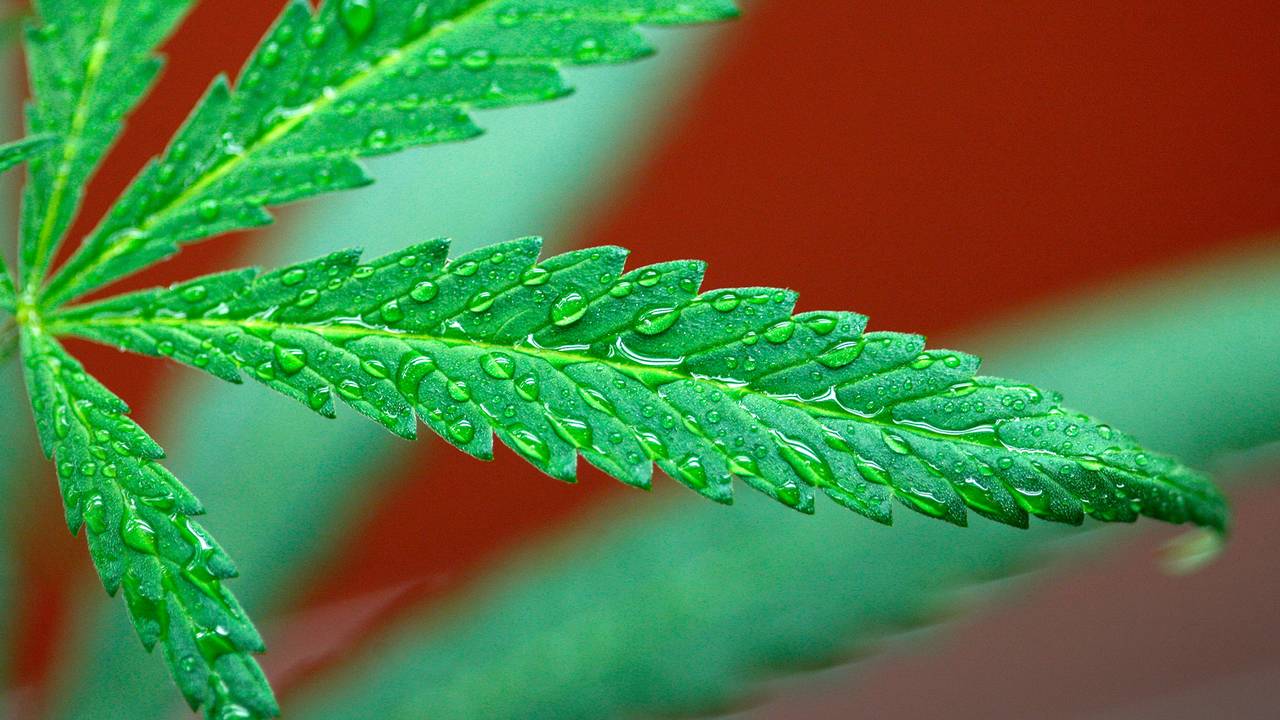Update: The House Second Reading for Sb 184 is being laid over daily.
Update: SB 184 passed the House Finance Committee on March 20 by a vote of 8 to 3.
Update: SB 184 passed the full Senate on Thursday, March 9, by a vote of 25-10 and will now be sent to the House. Gov. Hickenlooper has threatened a veto, saying he opposes any expansion of indoor smoking.
Colorado State Senator Bob Gardner and Representative Dan Pabon have introduced legislation, SB 184, The Marijuana Membership Clubs and Public Use Bill, will provide Colorado municipalities with the regulatory framework needed to allow responsible adults the option to socially consume marijuana in a membership club away from the general public.
Last November, voters In California and Maine approved public marijuana consumption through Proposition 64 and Question 1, but haven’t settled on rules. This means Colorado could be first out of the gate with statewide regulations for pot clubs.
Please enter your information below to contact your elected officials to urge them to support this measure. For more information about this bill and other pending legislation, please contact Denver NORML.











